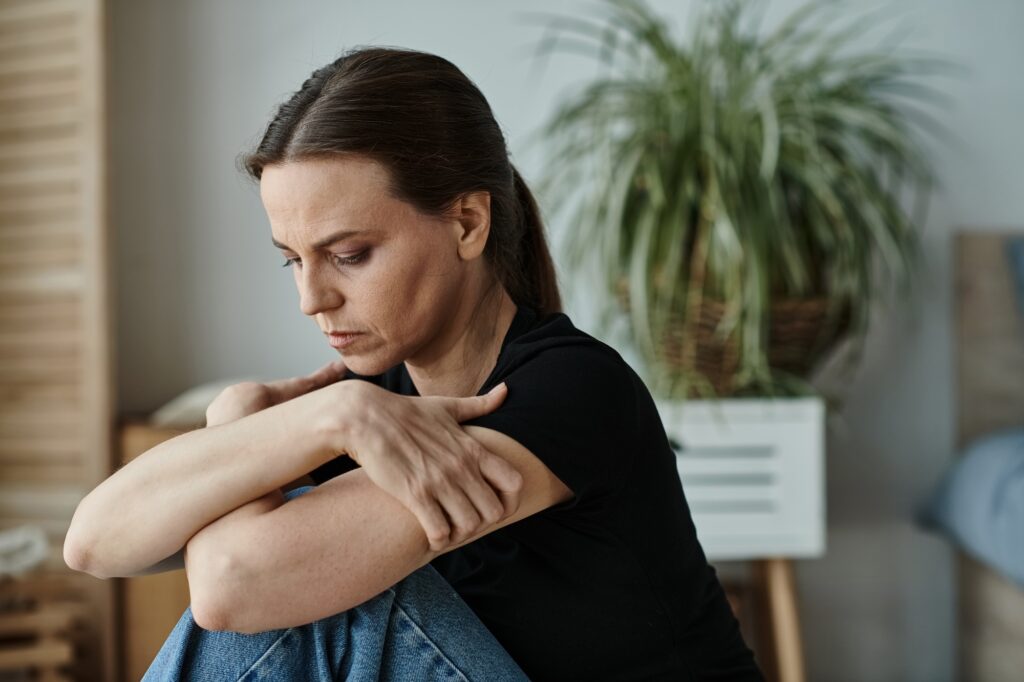From Detox to Recovery: What Comes After the First Step

Detox is a critical step in overcoming drug or alcohol addiction—but it’s just the beginning. At Solace Hills Detox, we provide a medically supervised environment where your body can safely withdraw from substances. However, what happens next is just as important.
Breaking Free from Opioids: What Detox Looks Like and Why It’s a Life-Saving First Step

Opioid addiction continues to impact communities across the country, devastating lives and families with quiet intensity. Whether it began with prescription painkillers or evolved into heroin or fentanyl use, opioid dependence is one of the most difficult—and dangerous—substance use disorders to face.
Detox and Mental Health: Why Stabilizing Emotionally Matters as Much as Physically

When people think about detox, they often imagine the physical symptoms—nausea, chills, headaches, or sweating. But the truth is, some of the most intense and difficult challenges of early recovery aren’t physical at all—they’re emotional.
Cocaine Detox: What to Expect and Why Professional Help Matters

Cocaine is often seen as a “party drug,” but its impact on the brain and body can be anything but fun. Over time, repeated use leads to powerful dependence, psychological distress, and a dangerous cycle of binge and crash. At Solace Hills Detox, we help individuals break that cycle safely—starting with informed, medically supported detox.
Debunking Detox Myths: What You Really Need to Know Before Starting

Starting detox is a big step—and unfortunately, it’s one surrounded by a lot of confusion. Whether it’s stories from friends, outdated media portrayals, or online misinformation, many people enter the process with fear that isn’t rooted in fact. At Solace Hills Detox, we believe that understanding the truth can make detox feel more approachable and less overwhelming.
Alcohol and Anxiety: Breaking the Cycle Through Detox

For many people, alcohol feels like a quick solution to anxiety. A drink can calm racing thoughts, ease social tension, or take the edge off a stressful day. But when that drink becomes a daily habit, it’s often doing more harm than good. At Solace Hills Detox, we understand the complex relationship between alcohol detox and anxiety, and we help people break the cycle with care, compassion, and clinical support.
Detox and Mental Health: Why Stabilizing Emotionally Matters as Much as Physically

When people think of drug or alcohol detox, the first thing that comes to mind is usually physical withdrawal—things like nausea, shaking, and insomnia. But the emotional and psychological effects can be just as intense. At Solace Hills Detox, we believe mental health during detox is just as important as managing physical symptoms.
How to Prepare for Drug Detox: 6 Steps to Make the Transition Easier

Starting detox is a powerful first step toward recovery—but it’s also one that brings up a lot of uncertainty. Many people hesitate not because they doubt the need for help, but because they’re unsure what to expect or how to get ready.
Do You Need Detox If You’re Just Using Weed?

For years, marijuana has been labeled a “soft drug”—a substance many assume is non-addictive and harmless. But for some, especially those who use heavily or over long periods, marijuana can become more than just a habit. It can be a dependency that disrupts mental health, motivation, relationships, and quality of life.
Fentanyl Detox in Whittier – Safe, Comfortable & Medically Supervised

Fentanyl is one of the most potent opioids on the street today—up to 100 times stronger than morphine. Originally developed for severe pain relief, it’s now driving a nationwide overdose crisis. And while many people realize the dangers of using fentanyl, few understand how uniquely challenging it is to detox from it safely.